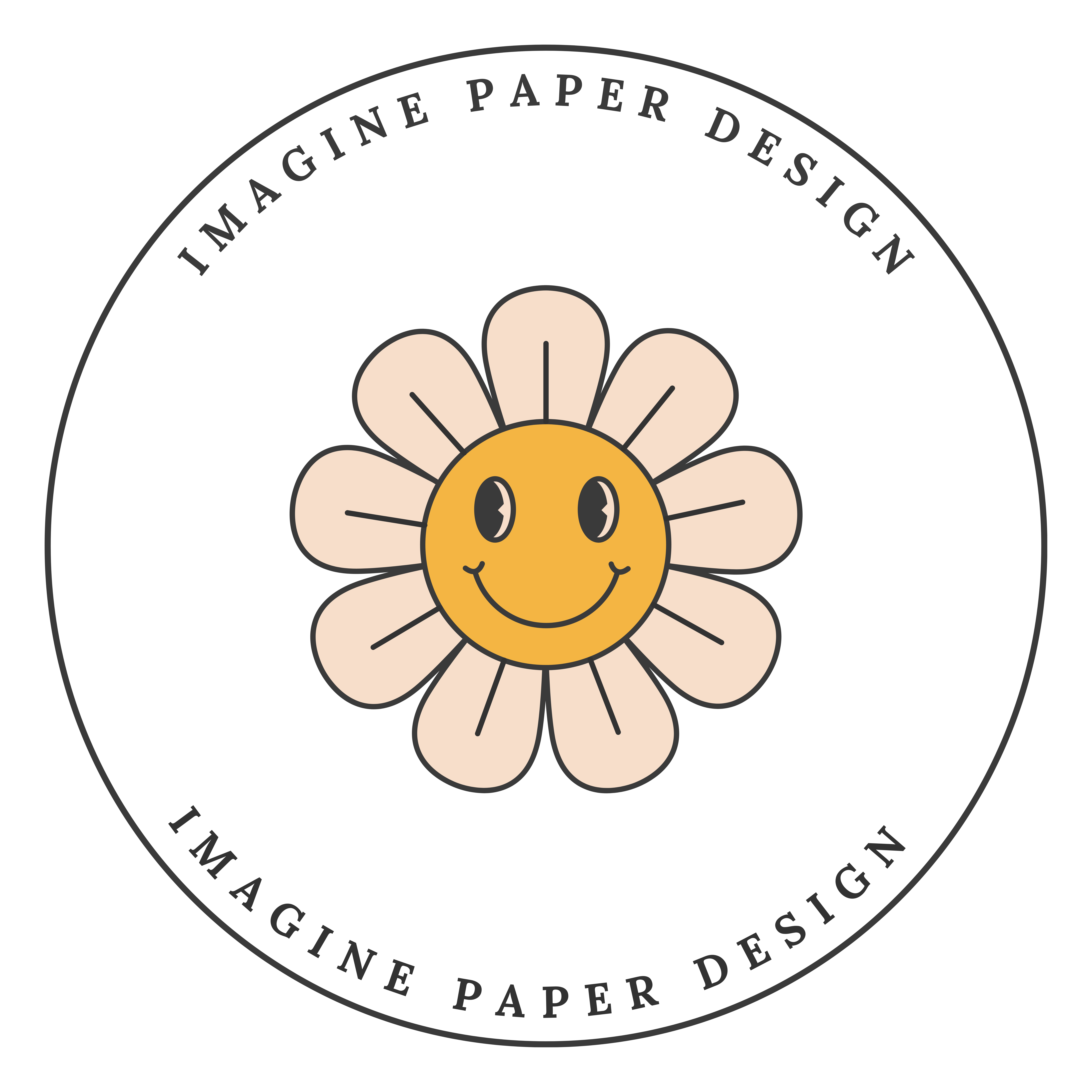The Power of Journaling: Why You Should Start Today
Journaling is more than just putting pen to paper (or stylus to screen)—it’s a transformative habit that can boost mental clarity, spark creativity, and even improve your overall well-being. Whether you’re looking to organize your thoughts, process emotions, or track your goals, journaling offers a safe space for self-expression and growth.
Here’s why journaling matters and how you can make it a meaningful part of your daily routine.
The Benefits of Journaling
- Organize Your Thoughts
Life can feel chaotic, but journaling allows you to sort through the noise and make sense of your thoughts. By writing things down, you gain clarity and uncover patterns that help you understand yourself better. - Boost Your Mental Health
Journaling is a proven stress reliever. It provides a healthy outlet to process emotions, reflect on challenges, and express gratitude, promoting a positive mindset and reducing anxiety. - Enhance Creativity
When you let your thoughts flow freely onto the page, you unlock your creative potential. Journaling can help you brainstorm new ideas, solve problems, and spark inspiration for personal or professional projects. - Set and Track Goals
Journaling isn’t just about reflecting on the past; it’s also a powerful tool for planning the future. Use it to write down your goals, break them into actionable steps, and track your progress over time. - Strengthen Self-Awareness
As you journal consistently, you’ll gain deeper insight into your values, beliefs, and aspirations. This self-awareness can guide your decisions and help you live a more intentional life.
How to Start Journaling
- Choose Your Medium
Decide whether you prefer traditional pen and paper, a digital planner, or a journaling app. Digital options are great for organization and flexibility, especially if you like to add images or hyperlinks. - Pick a Journaling Style
There’s no one-size-fits-all approach. Try different styles to see what works for you:
- Gratitude Journaling: Focus on what you’re thankful for each day.
- Stream of Consciousness: Write freely without worrying about grammar or structure.
- Prompt-Based Journaling: Use specific questions or prompts to guide your writing.
- Goal-Oriented Journaling: Plan, track, and reflect on your short- and long-term goals.
- Create a Routine
Set aside a consistent time each day to journal, whether it’s in the morning for intention-setting or at night for reflection. Even 5–10 minutes can make a difference. - Keep It Simple
Don’t stress about writing the “perfect” entry. Your journal is a judgment-free zone. Write as much or as little as you want—it’s all about the process, not perfection.
Journal Prompts to Get You Started
- What made you smile today?
- What are three things you’re grateful for right now?
- What’s a challenge you’re currently facing, and how can you overcome it?
- Describe your ideal day.
- What’s one goal you’d like to achieve this month?
Journaling is a simple yet powerful practice that can enhance every area of your life. Whether you’re using it to reflect on your day, plan your dreams, or clear your mind, it’s a tool that grows with you.
Ready to begin? Grab your journal or digital planner and take the first step toward a more mindful and intentional life. Your future self will thank you!






Leave a Reply